How long does one day on the solar system planets last?
The length of the day in each planet depends on its distance to the Sun, the orbital cycle (the time the planet orbits the Sun) and the astronomical cycle (the time it spins around the axis).
- Interesting discovery of strange planets outside the solar system
- Listen to the strange sound obtained from planets in the Solar System
- If 'stray' to any planet in the solar system, what is your chance of survival?
Mercury

Mercury's astronomical cycle is very slow, one rotation is equivalent to 58 days on Earth. But Mercury's rotation speed is very fast, it only takes 88 days to complete the orbital cycle. So, on Mercury, a year is only 1.5 days long and no seasons. In addition, the North pole of Mercury is always in the dark due to the 0.034 ° incline axis.
Venus

Venus is the slowest moving planet in the solar system, its rotation speed is only 6.5 km / h. Therefore, Venus's astronomical cycle is equivalent to 243 days on Earth. Meanwhile, its orbital cycle is shorter, only 224 days. So on Venus longer than five.
Earth
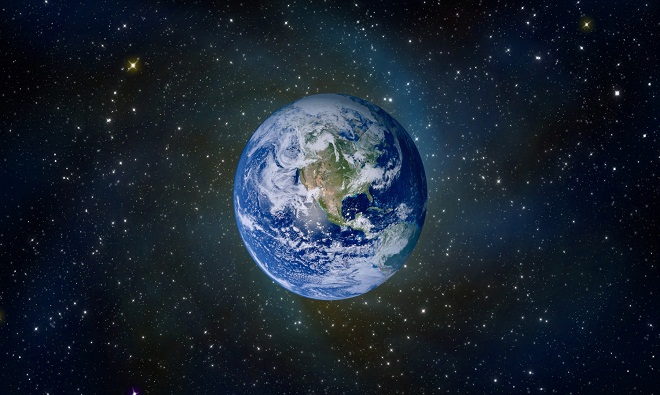
The Earth has an astronomical cycle of exactly 23 hours 56 minutes, 4.1 seconds, so actually one day on Earth is only 0.997 standard days.
In addition, the Earth's rotation axis is tilted at an angle of 23.4 °, so the length of the day on our planet varies with the season. At two poles, one night in winter can be up to 6 months while summer can be only 24 hours long.
Mars
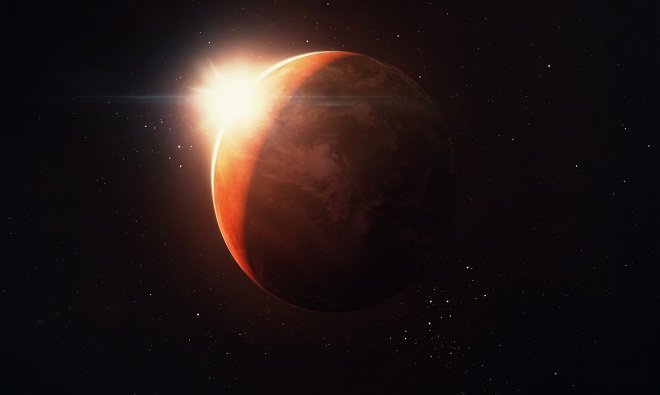
Mars's astronomical cycle is 24 hours 37 minutes 22 seconds, so one day on the Red planet equals 1.025957 Earth days.
Mars' inclined axis is 25.19 °, so its seasonal day length is quite similar to Earth. A day on Mars is about 39 minutes longer on Earth and shorter in winter and longer in summer.
Mars's orbital cycle equals 687 Earth days, so one year on Mars equals about 2 years on Earth.
Jupiter
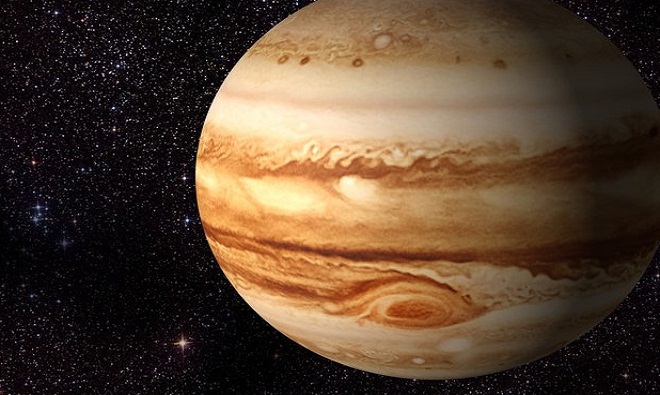
The giant gas giant rotates very rapidly at the equator, at speeds of up to 45,300 km / h, so one day on Jupiter is only 9 hours 55 minutes 30 seconds, equivalent to 1/3 of Earth's day. The Sun's cycle of activity repeated about 10,476 times a year on Jupiter.
Saturn
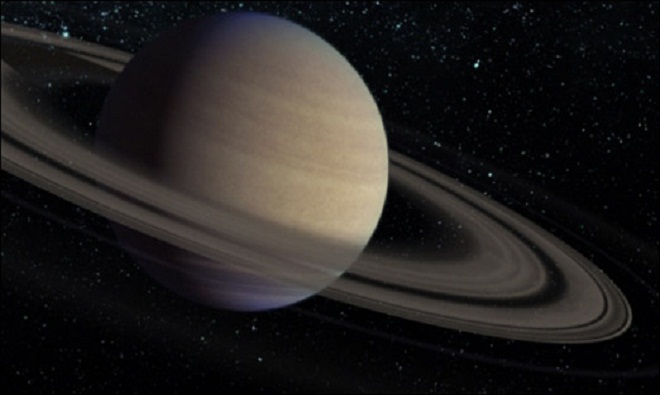
Saturn has a long astronomical cycle of 10 hours 33 minutes, equal to half the Earth's day. Saturn's rotation velocity is 9.87 km / sec. Saturn's orbital cycle is 10.759 days long on Earth.
Uranus
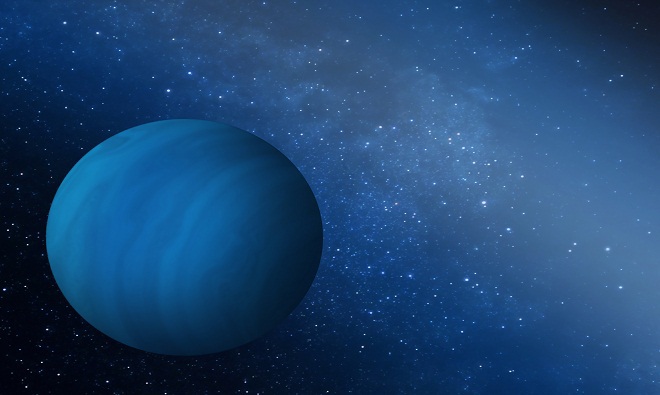
Uranus's astronomical cycle is 17 hours 14 minutes 24 seconds, equivalent to 0.71833 days on Earth. But Uranus's axis of rotation tilted 97.77 ° (nearly parallel) to the orbit, so it has very complicated date changes. Basically, one day on Uranus is 84 years long on Earth, consisting of a pole that goes through the summer for 42 years, while the other pole goes through the winter with a 42-year-long night.
Neptune
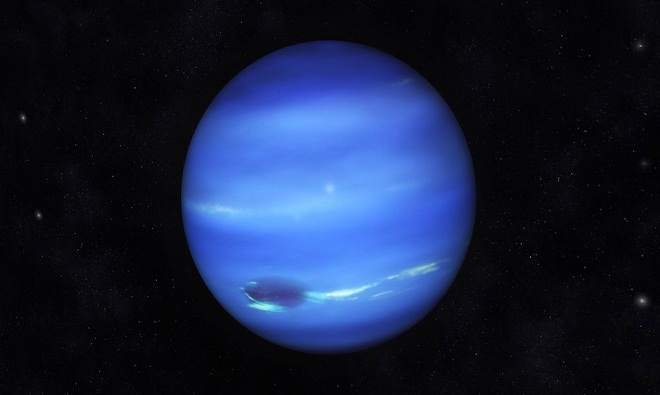
Neptune has an astronomical cycle of 6 minutes 36 seconds, equivalent to 0.6713 days on Earth. The Neptune's rotating axis is 28.32 ° in comparison with the orbit, approximately the same as the Earth (23 °), so it changes the weather between seasons. But because the planet's orbital cycle is as big as 60.19 Earth days, the season on Neptune is 40 years long on Earth.